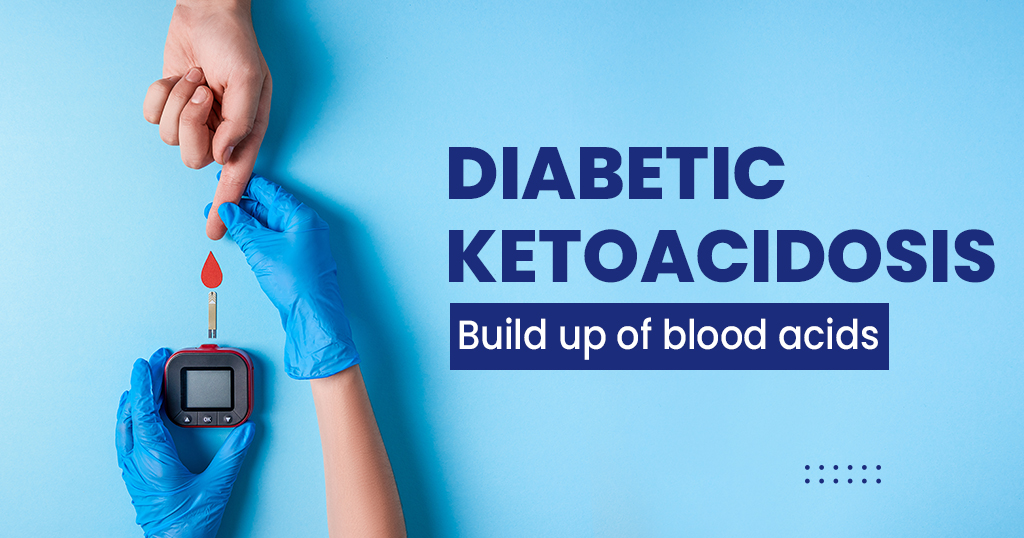Nourishing Carbohydrates for Diabetes: Making Informed Choices for Optimal Health
Managing diabetes requires careful attention to one’s diet, particularly when it comes to carbohydrate consumption. Carbohydrates have a direct impact on blood sugar levels, and people with diabetes need to choose their carbohydrates wisely. In this blog post, we will explore the best carbohydrates for diabetes, offering valuable insights and practical tips to help individuals make informed choices for optimal health.
Whole Grains
Whole grains are an excellent source of carbohydrates for people with diabetes. Unlike refined grains, whole grains contain the bran, germ, and endosperm, providing fiber, vitamins, minerals, and antioxidants. These components slow down digestion, leading to a more gradual release of glucose into the bloodstream, helping to stabilize blood sugar levels. Incorporate whole grains like quinoa, brown rice, whole wheat bread, and oats into your meals to enjoy their nutritional benefits.
Legumes
Legumes, including beans, lentils, and chickpeas, are a diabetes-friendly carbohydrate option. They are rich in fiber, protein, and essential nutrients, making them a healthy choice for managing blood sugar levels. The high fiber content in legumes slows down digestion and helps prevent blood sugar spikes after a meal. Additionally, legumes have a low glycemic index, meaning they have a minimal impact on blood sugar levels. Experiment with different legumes in soups, salads, stews, and side dishes to add variety to your diet.
Non-Starchy Vegetables
Non-starchy vegetables are low in carbohydrates and calories while being high in fiber, vitamins, and minerals. These include leafy greens, broccoli, cauliflower, peppers, cucumbers, and zucchini, among others. Non-starchy vegetables have a minimal impact on blood sugar levels due to their low carbohydrate content. They can be enjoyed in generous portions, making them an excellent choice for creating balanced meals and maintaining stable blood sugar levels.
Berries
Berries, such as strawberries, blueberries, raspberries, and blackberries, are packed with antioxidants, vitamins, and fiber. They are lower in carbohydrates compared to many other fruits, making them a suitable option for individuals with diabetes. Berries also have a lower glycemic index, meaning they have a less significant impact on blood sugar levels. Incorporate these delicious fruits into your diet by enjoying them as a snack, adding them to smoothies, or using them as toppings for yogurts and cereals.
Sweet Potatoes
Sweet potatoes are a nutritious alternative to white potatoes and can be included in a diabetes-friendly diet. They are rich in fiber, vitamins A and C, and minerals like potassium. Sweet potatoes have a lower glycemic index than regular potatoes, meaning they cause a slower rise in blood sugar levels. Choose baked or roasted sweet potatoes rather than fried preparations to keep them healthier and maintain stable blood sugar levels.
Greek Yogurt
Greek yogurt is a protein-rich and low-carbohydrate option that can be a valuable addition to a diabetes-friendly diet. It contains less lactose compared to regular yogurt, making it easier to digest for some individuals. Greek yogurt also provides beneficial probiotics that promote gut health. Choose plain, unsweetened Greek yogurt and add flavor with fresh berries or a sprinkle of cinnamon for a satisfying and nutritious snack or breakfast option.
https://sugarfreeshop.online/2023/06/14/unlocking-the-weight-loss-puzzle-10-reasons-why-your-keto-journey-isnt-yielding-results/
Nuts and Seeds
Nuts and seeds, such as almonds, walnuts, chia seeds, and flaxseeds, are excellent sources of healthy fats, protein, and fiber. While they contain carbohydrates, they have a minimal impact on blood sugar levels due to their high fiber content. The healthy fats in nuts and seeds help slow down digestion and promote satiety, making them a great choice for managing blood sugar and controlling appetite. However, portion control is important, as they are also calorie-dense. Enjoy a small handful of nuts or incorporate them into salads, yogurts, or homemade granola for added crunch and nutritional benefits.
Steel-Cut Oats
Steel-cut oats are minimally processed and retain more fiber and nutrients compared to instant or rolled oats. They have a lower glycemic index and release sugar into the bloodstream more slowly, helping to prevent spikes in blood sugar levels. Steel-cut oats are an excellent choice for a hearty and satisfying breakfast. Top them with fresh fruit, a sprinkle of cinnamon, and a drizzle of natural sweeteners like honey or maple syrup for added flavor.
Whole Grain Pasta and Bread
If you enjoy pasta and bread, opt for whole grain varieties instead of their refined counterparts. Whole grain pasta and bread contain more fiber, vitamins, and minerals and have a lower glycemic index. This means they cause a slower and more gradual increase in blood sugar levels compared to refined grains. When selecting whole grain bread, ensure that it does not contain added sugars or unhealthy fats. Moderation is key, so control your portion sizes and balance them with protein and non-starchy vegetables for a well-rounded meal.
Quinoa
Quinoa is a versatile grain-like seed that is gluten-free and provides a complete protein profile. It is rich in fiber, vitamins, and minerals, making it an excellent choice for individuals with diabetes. Quinoa has a low glycemic index and can help stabilize blood sugar levels. Use it as a base for salads, stir-fries, or as a substitute for rice in various dishes to enjoy its nutritional benefits.
When it comes to managing diabetes, making informed choices about carbohydrates is crucial. Incorporating the right carbohydrates into your diet can help maintain stable blood sugar levels, promote overall health, and prevent complications. Remember to focus on whole grains, legumes, non-starchy vegetables, berries, and sweet potatoes as part of your diabetes management plan. Additionally, working with a registered dietitian or healthcare professional can provide personalized guidance and support to help you make the best choices for your unique needs. By embracing these diabetes-friendly carbohydrates, you can take control of your health and enjoy a balanced and fulfilling lifestyle.












